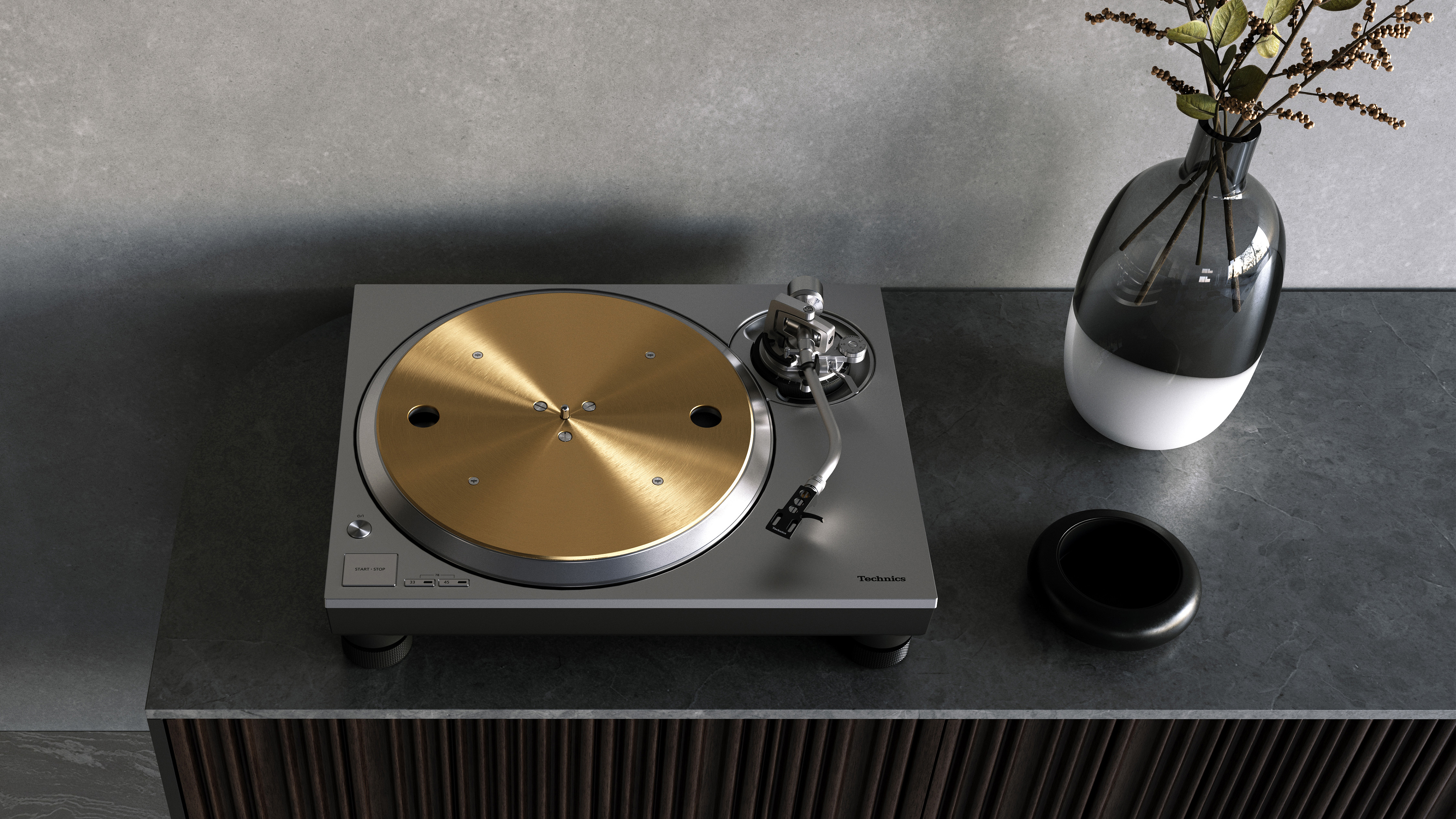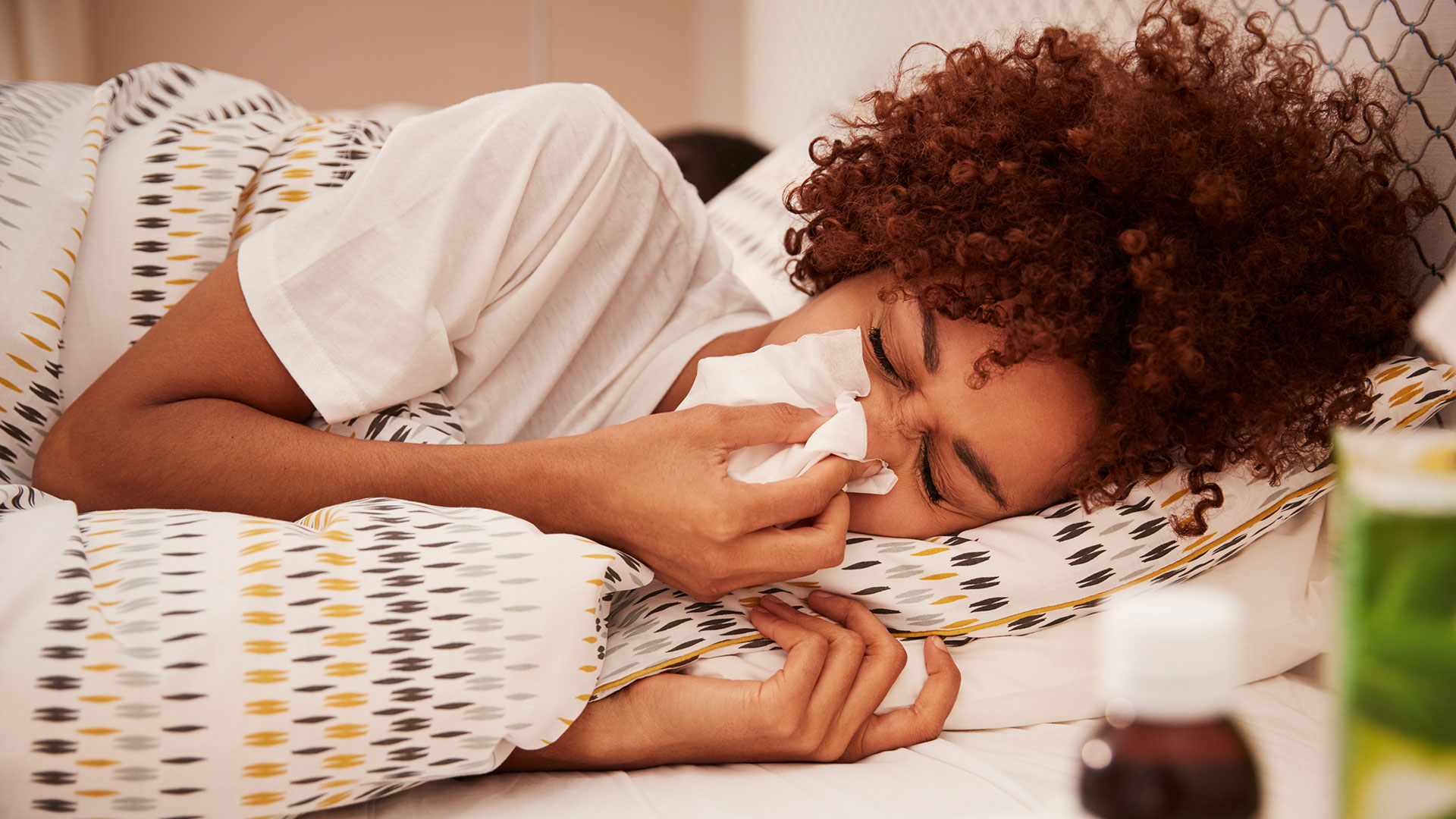

UK summer is officially here, and along with light evenings and warmer weather, it has also brought with it plenty of runny noses, sneezes, and itchy eyes. That's right, hay fever season is here. If you're suffering at night, you might not be getting the quality sleep you need.
"Allergies such as hay fever impact your ability to breathe easily by causing congestion. These irritating and uncomfortable symptoms often interfere with the ease at which you fall asleep as well as your capacity to stay asleep once you do drift off," explains sleep scientist Theresa Schnorbach. "Allergy-induced sleep deprivation can lead to a building up of sleep debt which can have a big impact on your health – both physical and mental."
As resident sleep expert at Emma Sleep, we asked Theresa for her advice on how to deal with allergies, including hay fever, at night. Here's what she had to say.
1. Take a hot shower before bed
"Your body and hair may have collected pollen during the day which can then affect you in bed," says Theresa. "Taking a shower or bath before bed will help to wash away these allergens." There's a double benefit on offer here, too. Not only can a hot bath help combat your nighttime hay fever symptoms, it will also encourage your blood vessels to dilate, helping your body cool down before bed, which should help you drift off (it's one of Theresa's top tips for sleeping in a heatwave).
2. Change clothes when you get home
"It can be a good idea to take clothes that have been worn outside (and therefore might have picked up pollen) off when you arrive home," suggests Theresa. Along the same lines, you're probably going to have to start keeping your bedroom clean, to minimise the number of lingering allergens. "The presence of even the most negligible amounts of pollen (or other allergens) can provoke allergic reactions at night, which can cause sleep disruption and fragmentation."
3. Check your bedding isn't making things worse
Finally, make sure your bed isn't making matters worse. "Allergy sufferers should stay clear of mattresses and bedding made of animal products such as hair, wool, or feathers as these materials can cause flare-ups for allergy sufferers. Most hypoallergenic beds are made with natural materials such as cotton or filled with artificial materials such as polymers which resist allergy-causing organisms," explains Theresa. Many of today's best pillows and best duvets are certified hypoallergenic, but if you have older bedding it might not be (here's more on what to look for in a duvet for allergies).
4. Close windows and doors
It might seem obvious, but closing your windows can help keep allergens out of your bedroom. "By simply not letting allergens into your sleep environment you can help to ease symptoms at night. On the warmer summer nights associated with hayfever season, keeping windows closed and curtains or blinds drawn will also have the added benefit of keeping your room cool, helping you to get a better night's rest as cooling down is a key part of falling asleep," explains Theresa.
Sign up to the T3 newsletter for smarter living straight to your inbox
Get all the latest news, reviews, deals and buying guides on gorgeous tech, home and active products from the T3 experts
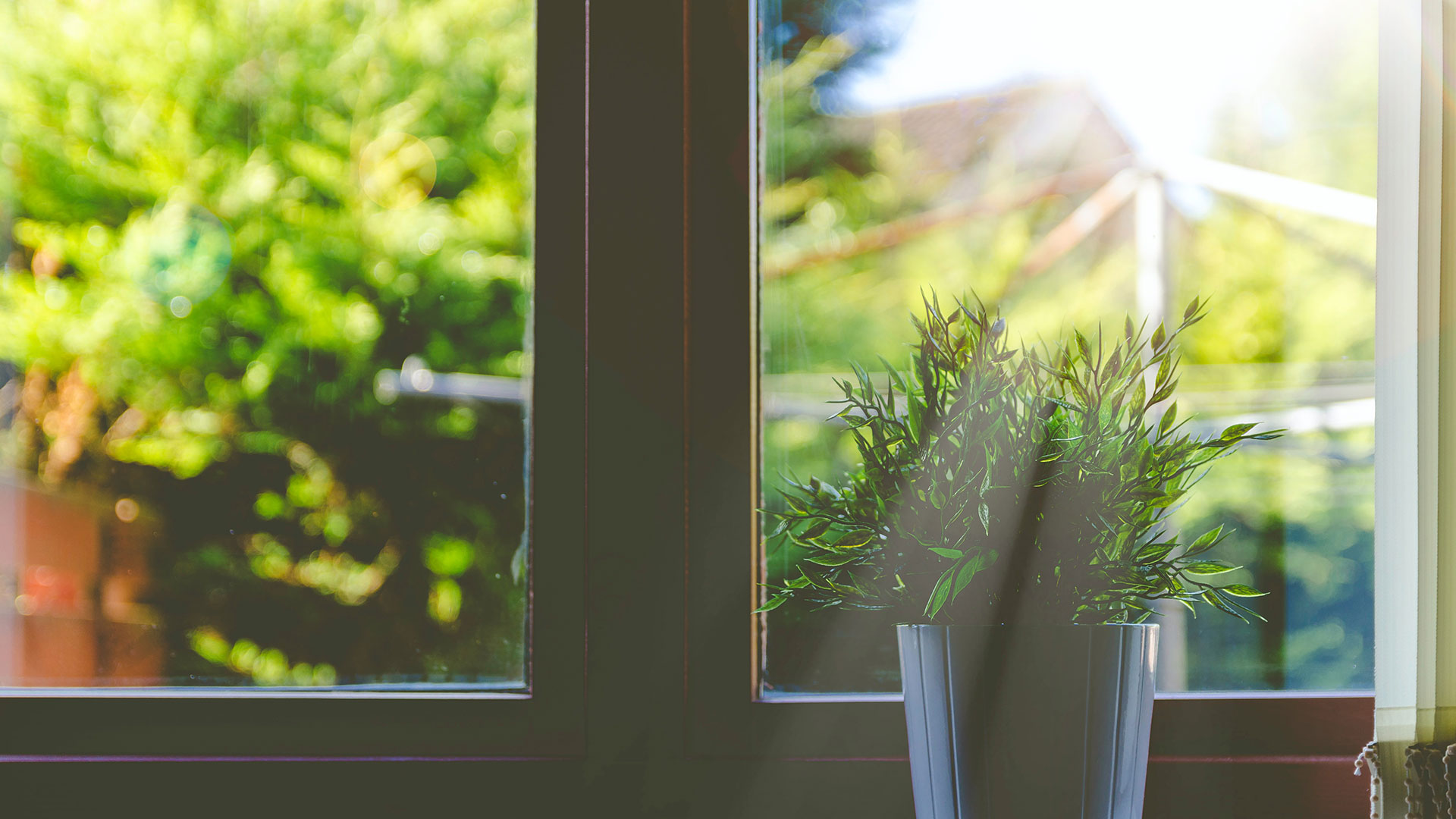
5. Try nasal breathing exercises
Before going to bed, Theresa suggests trying some controlled breathing exercises. Again there are multiple associated benefits, from improved sleep quality, to reduced anxiety. But this article is about combatting Hayfever and other allergy symptoms, and here nasal breathing exercises, such as number 5 in the article linked just above, can help. A 2011 study showed how nasal breathing exercises could be used to help manage allergic rhinitis, as the the small hairs in your nose help filter out allergens and pollen.
6. Take an antihistamine before bed
Cleanliness can help, but chances are if you're a hayfever sufferer you're probably taking some kind of antihistamine to manage your symptoms. If you're taking your medicine in the morning, Theresa points out that it may have worn off by bedtime, so it could be a good idea to take it before bedtime instead. Of course, make sure you read the instructions of any medication first and take care not to exceed the recommended dosage.
Many antihistamines have narcoleptic properties, and will make you feel a little drowsy. While that's another good reason to opt to take them in the evening rather than the morning, Theresa says you should proceed with caution: "Although [taking antihistamines in the evening] might seem like a good idea in that will could make it easier to fall asleep, there is a possibility of developing a dependency on the drug, meaning that, once you stop using the drug, you risk not falling asleep as before."
Ruth is a lifestyle journalist specialising in sleep and wellbeing. She has tested more mattresses than her small flat can handle and will talk at length about them to anyone who shows even a passing interest, and has had to implement a one-in-one-out pillow policy for fear of getting smothered in the night. As well as following all the industry trends and advancements in the mattress and bedding world, she regularly speaks to certified experts to delve into the science behind a great night's sleep, and offer you advice to help you get there. She's currently Sleep Editor on Tom's Guide and TechRadar, and prior to that ran the Outdoors and Wellness channels on T3 (now covered by Matt Kollat and Beth Girdler-Maslen respectively).
-
 I spent 6 weeks with the FoodMarble Aire 2: here’s what I learned about my gut health
I spent 6 weeks with the FoodMarble Aire 2: here’s what I learned about my gut healthI’ve been testing the clever breath-testing gadget with the companion app over several weeks to find out if it delivers on its promises
By Lee Bell
-
 Oil pulling is going viral on TikTok for stopping morning breath – but does it actually work?
Oil pulling is going viral on TikTok for stopping morning breath – but does it actually work?4 hacks that prevent morning breath, according to a sleep expert
By Bethan Girdler-Maslen
-
 These limited edition McLaren x Loop earplugs are what you need for Formula 1 season
These limited edition McLaren x Loop earplugs are what you need for Formula 1 seasonMcLaren teams up with Loop on limited edition noise-reducing earplugs
By Bethan Girdler-Maslen
-
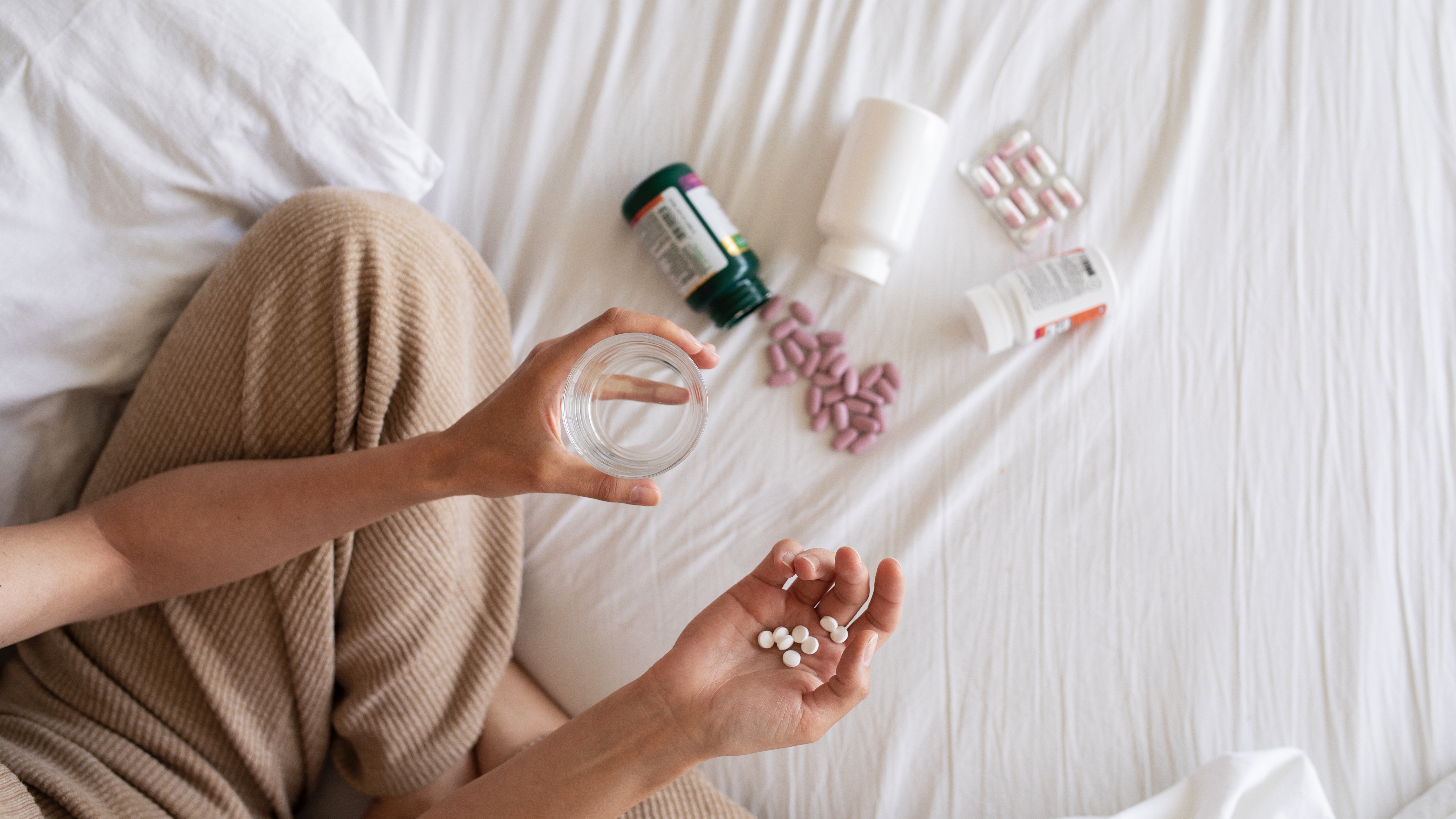 5 sleep supplements that help me achieve 8+ hours of rest every night
5 sleep supplements that help me achieve 8+ hours of rest every nightIt took me years to perfect my sleep routine – here are the supplements that helped
By Lizzie Wilmot
-
 3 reasons why you wake up at 3am every night – and how to avoid it
3 reasons why you wake up at 3am every night – and how to avoid itAlways waking up in the middle of the night? This could be why…
By Bethan Girdler-Maslen
-
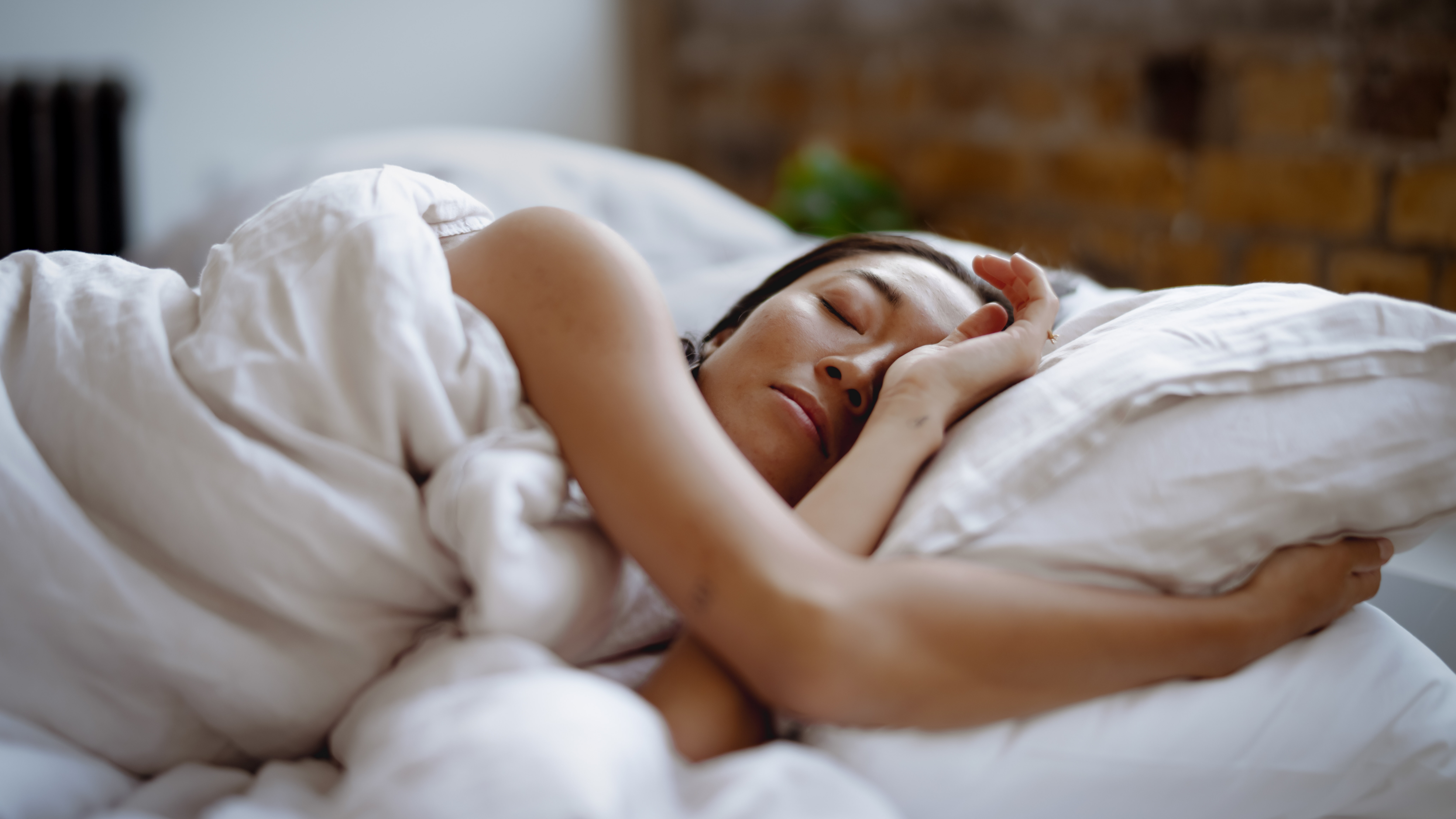 This tiny device will automatically disable your distracting apps before you sleep
This tiny device will automatically disable your distracting apps before you sleepSay hello to Kip...
By Lizzie Wilmot
-
 Therabody experts give 7 tips for perfecting your sleep routine for World Sleep Day
Therabody experts give 7 tips for perfecting your sleep routine for World Sleep DayFrom breathing exercises to sleep masks, here’s how to prioritise sleep, according to experts
By Bethan Girdler-Maslen
-
 Loop Dream review: super soft earplugs to help you snooze soundly, even if you’re a side sleeper
Loop Dream review: super soft earplugs to help you snooze soundly, even if you’re a side sleeperSquishy silicone and uniquely shaped ear tips take Loop’s nighttime earplugs to dreamy heights
By Joanna Ebsworth
